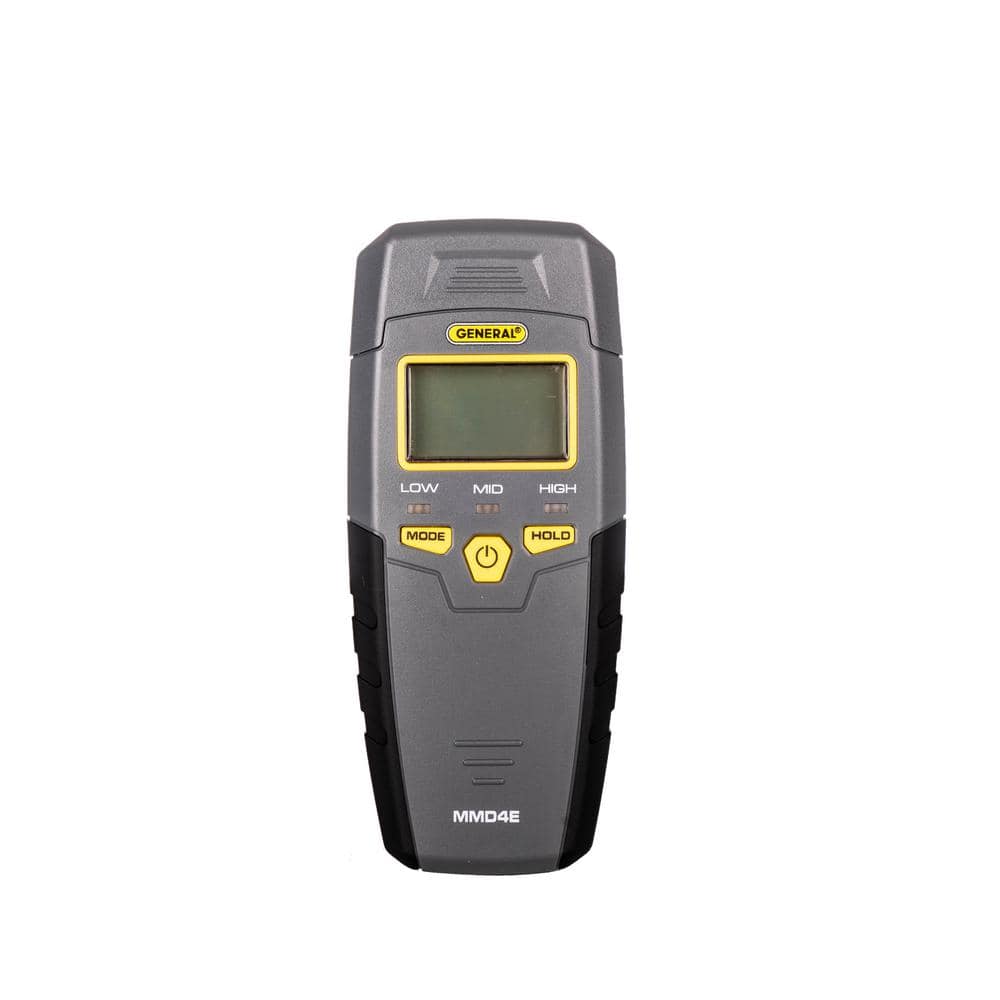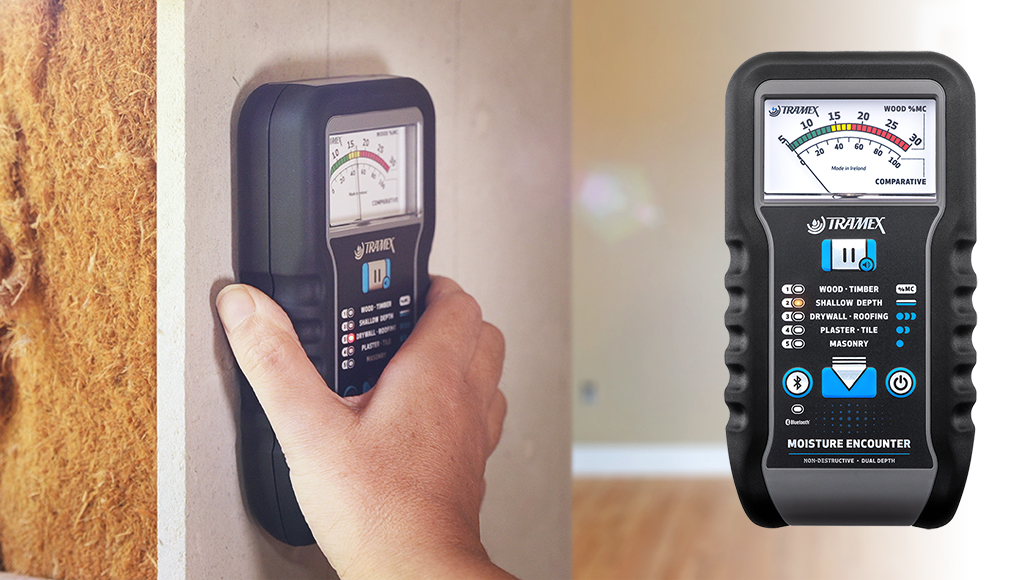The Science Behind Moisture Meters: Exactly How They Function and Why They're Vital
The Science Behind Moisture Meters: Exactly How They Function and Why They're Vital
Blog Article
The Ultimate Overview to Moisture Meters: A Comprehensive Overview and How They Can Conserve You Cash
In the world of structure upkeep, building and construction, and different markets, the significance of accurately measuring wetness levels can not be overemphasized. Wetness meters act as crucial devices in spotting and monitoring moisture web content in products, assisting in stopping expensive problems and guaranteeing the top quality of items. Comprehending the subtleties of different sorts of moisture meters, their applications, and the potential cost-saving benefits they offer can be a game-changer for specialists and organizations alike. Finding how these tools can not only enhance processes yet also add to monetary cost savings is a trip worth starting.
Kinds Of Moisture Meters
Numerous sorts of moisture meters are available for different applications in numerous sectors. One common type is the pin-type wetness meter, which gauges the electric resistance in between 2 pins put right into a product. This type is appropriate for timber, drywall, and other structure products. Pinless moisture meters, on the various other hand, use electro-magnetic sensing unit plates to scan a bigger area without causing damages to the material's surface. These meters are optimal for promptly analyzing dampness degrees in big areas such as wall surfaces and floorings.
Moreover, there are also specialty dampness meters created for particular products like hay, grain, or dirt. These meters offer precise wetness analyses customized to the special homes of the product being checked. Infrared wetness meters determine the thermal homes of a material to determine its wetness material non-invasively, making them useful for applications where pin or pinless meters may not appropriate. Understanding the various types of dampness meters offered can aid markets pick the most appropriate tool for their specific wetness measurement requirements.

Benefits of Making Use Of Moisture Meters

Furthermore, utilizing moisture meters can lead to increased power performance. In farming settings, moisture meters play a vital function in enhancing crop returns by enabling farmers to check dirt dampness levels and make educated irrigation decisions.
How to Pick the Right Moisture Meter
Selecting the appropriate dampness meter involves thinking about essential factors such as material compatibility, dimension range, and calibration accuracy. When choosing a wetness meter, it's important to make certain that the meter appropriates for the particular material you will certainly be screening. Different materials have varying electric residential or commercial properties that can influence moisture analyses, so picking a meter made for your material is essential for accurate outcomes. Furthermore, think about the measurement variety of the wetness meter. Make certain that the meter can find wetness degrees within the range needed for your applications. Calibration precision is another crucial factor to remember (Moisture Meter). Go Discover More with a moisture meter with trusted calibration to guarantee constant and exact readings. Some meters might call for periodic calibration modifications, so understanding the calibration procedure is very important. By meticulously evaluating these aspects, you can choose a dampness meter that satisfies your demands and gives exact dampness measurements for your jobs.
Correct Strategies for Moisture Meter Usage
To make sure exact wetness readings and make best use of the efficiency of a dampness meter, using proper methods is vital. When making use of a pin-type moisture meter, place the pins or probes right into the material being tested until they make full get in touch with. By following these appropriate strategies, individuals can count on their moisture meter to supply reliable wetness levels, aiding in preventing expensive damage or making sure top quality in various applications.

Price Savings Through Moisture Meter Applications
Exactly how can the tactical use of wetness meters lead to considerable price savings across numerous markets? In the farming sector, moisture meters help in determining the optimal time for harvesting crops, protecting against over-drying or excess dampness that can influence the last product's quality.

In addition, in the food processing industry, dampness meters are crucial for keeping track of item quality and ensuring compliance with security regulations. By accurately measuring moisture content in food, producers can protect against wasting, preserve freshness, and minimize waste, resulting in considerable expense savings. In general, the tactical application of wetness meters is a valuable financial investment that can bring about significant expense reductions and improved efficiency throughout various markets.
Conclusion
In conclusion, wetness meters are about his useful devices for spotting and measuring dampness levels in different materials. By using about his the appropriate dampness meter and following proper strategies, customers can efficiently avoid expensive problems triggered by excess moisture.
Wetness meters offer as crucial tools in spotting and checking moisture content in materials, helping in preventing costly damages and guaranteeing the quality of items. Infrared moisture meters gauge the thermal residential properties of a product to identify its moisture content non-invasively, making them helpful for applications where pin or pinless meters may not be suitable.Moisture meters offer vital benefits in precisely monitoring and evaluating wetness levels in diverse materials and settings. In farming setups, dampness meters play a crucial duty in maximizing crop returns by making it possible for farmers to keep track of soil wetness degrees and make informed watering decisions.In final thought, dampness meters are useful devices for spotting and measuring dampness degrees in numerous products.
Report this page